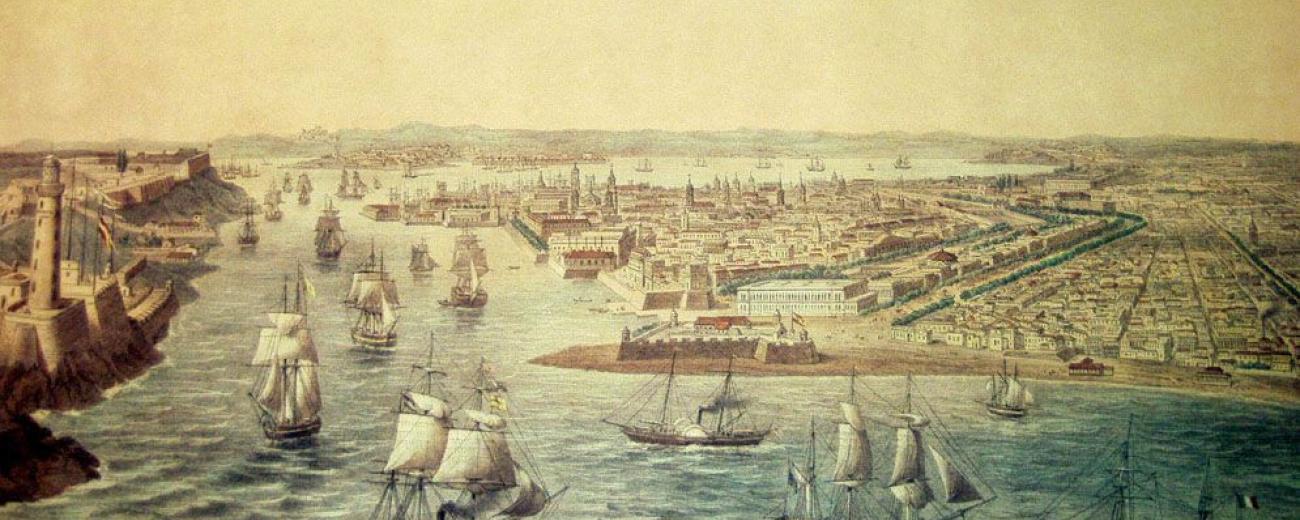
Liberated Africans and the Legal Order of the Nineteenth-Century Atlantic World

Key information
- Date
- Time
-
5:00 pm to 7:00 pm
- Venue
- Senate House
- Room
- S209
About this event
Across the nineteenth century, slave traders trafficked over 3 million people from sub-Saharan Africa to territories in North America, the Caribbean, and Central and South America. Aside from being unjust in the victims’ eyes, this transoceanic trafficking breached the domestic law of many places in the Americas. The trade also breached emerging international law. One prominent aspect of applying these laws against the trade was the deployment of maritime patrols that captured hundreds of slaving ships. The patrols rescued hundreds of thousands of shipboard captives from these ships. At various sites in Africa and the Americas, courts adjudicated the legality of these maritime captures. The courts then assigned the ‘liberated Africans’ from these ships into bonded labour for up to fourteen years. These liberated Africans encountered both the opportunities and constraints of their specific liberation that occurred long before the legal ending of slavery in each territory. Following their paths helps to illuminate illegal enslavement, its protracted abolition, and its troubling afterlives.
Speaker
Jake Subryan Richards (London School of Economics)
Contact
The History Seminar Series will run Wednesdays in term time, 5-7pm.
Image credit: Etching of mid-19th century Havana / Creative Commons


